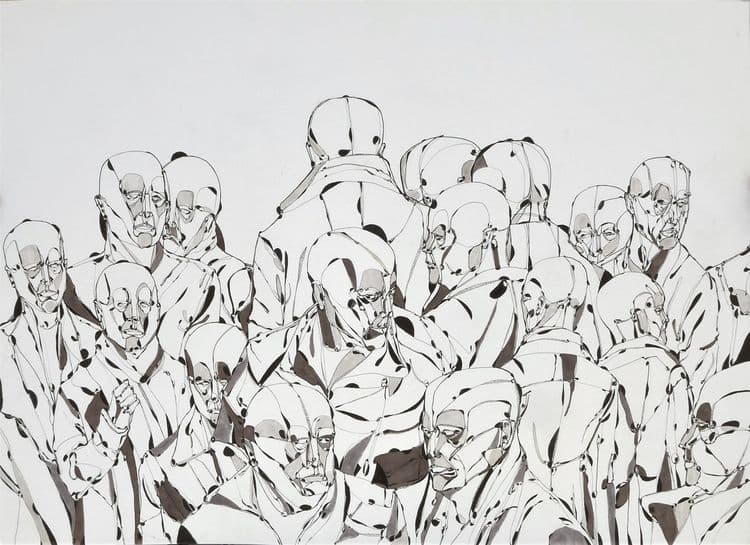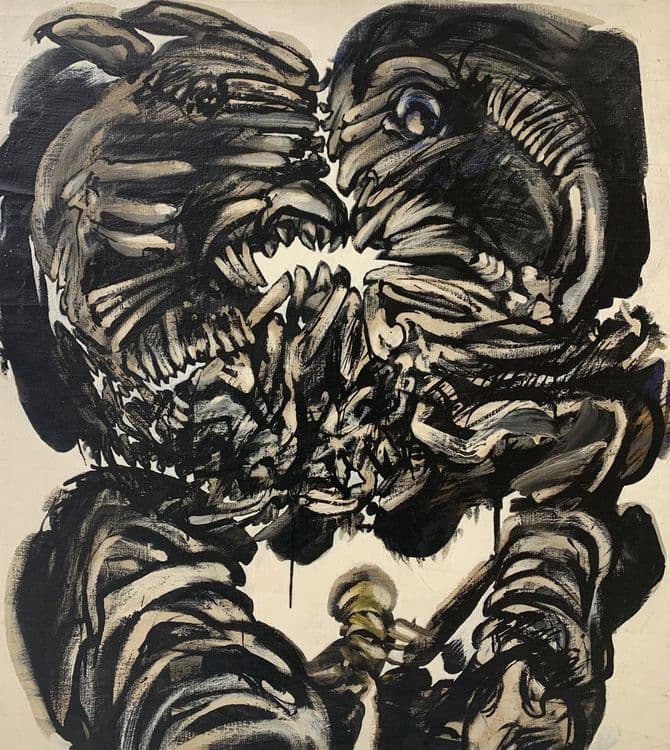
Ahmet Aydın Atmaca
İstanbul b. 1982

İstanbul b. 1982
Ahmet Aydın Atmaca (b.1982, Istanbul) graduated from Anadolu University Faculty of Fine Arts Sculpture Department. Finished Master Program at Marmara University Fine Arts Institute Sculpture department with thesis titled “Public Sculpture in Turkey and freedom of expression”, in 2013. In 2023 he has finished his Proficiency in Art program with a thesis titled “Existentialist Influences in Contemporary Sculpture”. He worked as Research Assistant at İstanbul Kemerburgaz University between 2011-2014. Recently he is working as Research Assistant at Mimar Sinan Fine Arts University, Sculpture Department.

"Hafıza Kalıntıları," an exhibition by Ahmet Aydın Atmaca, explores the ontological and phenomenological relationship between artist, material, and audience. The sculptures, characterized by their extensions resembling roots or spider webs, embody a paradox of fluidity and petrification, symbolizing the tension between connection and detachment. This duality reflects the process of memory becoming rooted and forgotten, where forms evolve through metamorphosis and time. Atmaca's works evoke existential themes of being, presence, and perception, encapsulating the concept of taking root in reverse, as if buried to be rediscovered and reclaimed by the earth. Nazlı Pektaş
SEE MORE

This exhibition focuses on speculative realities that are deemed unreal because we do not experience them in the "here and now," positioned on the boundary between what is real and what is not. Although the works have different facets, they attempt to gather pieces that can relate to each other under one umbrella, in relation to the changes in the perception of given reality. This reality is based on assumptions that what is considered “real” can be reembodied. Gerçekte Olmayan Şeylerin Zihinsel Tahayyülleri is an extension of thought processes that lead to different possibilities, such as post-humanism and new materialism, which emerged in the 21st century following the human-centered thinking of humanism and the unwavering faith in human reason of the Enlightenment.
SEE MORE